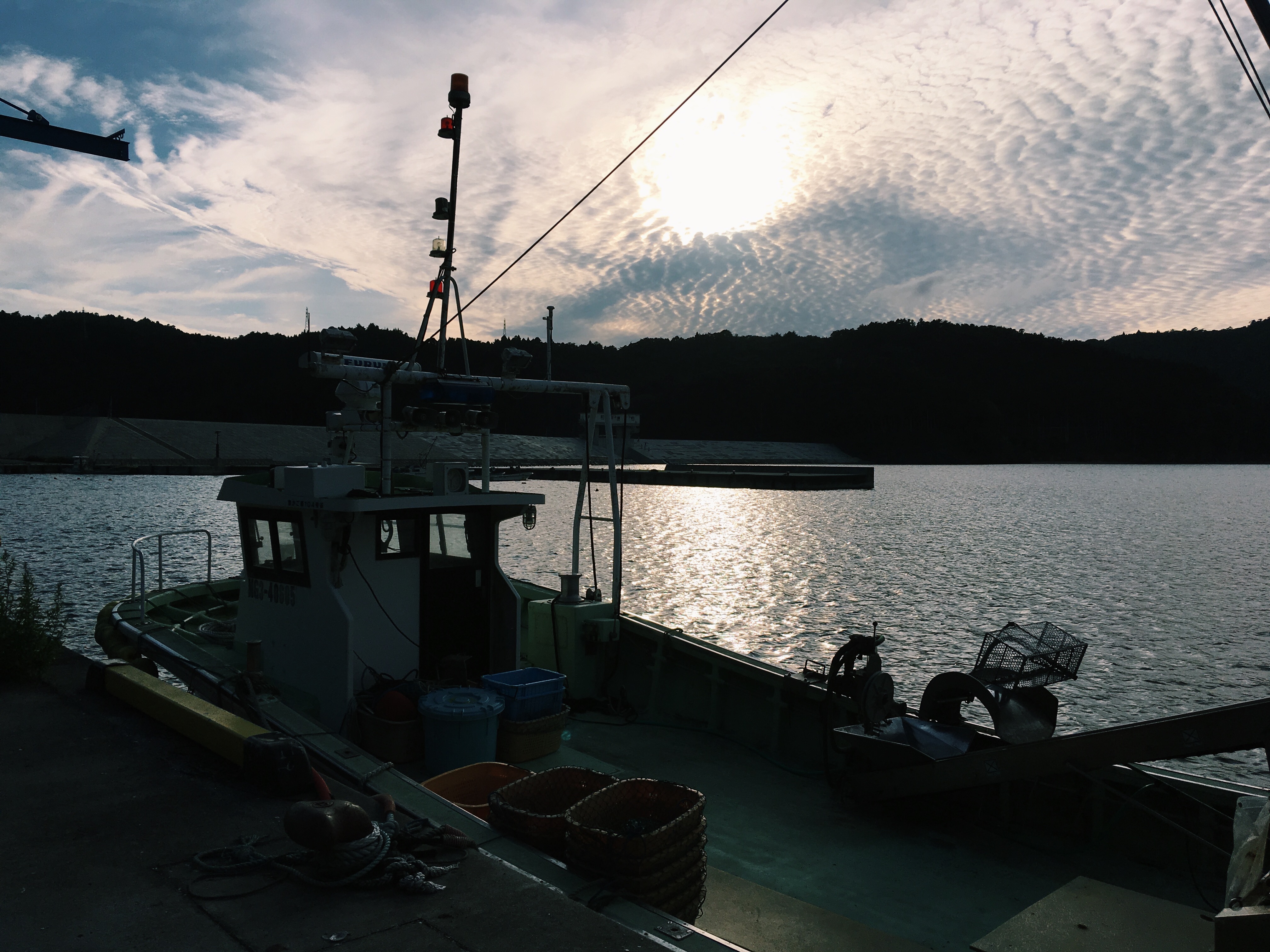We held scallop shells as big as our own faces in awe. Using blades even bigger than the shells, we cut off the unwanted scraps of the ocean that clung onto its surface. We were immersed in this unfamiliar task as we cut through the sea breeze on the fishermen’s boats, and suddenly a snapshot was revealed. Masa spoke up with a rehearsed tone: “now then, should we talk tsunami?”
I was astonished by how matter-of-fact they were in the way they recalled the events that unfolded: from the moment they made the decision to ride their boats into the incoming waves; to their return to the village, realising for the first time how vast the impact had been; to picking up bottles of whiskey buried in the rubbles that once belonged to their local bar; to walking over dead bodies on their trek towards the primary school in which they’d find out whether their wives and children had survived or not.
The pain seemed processed, at least for Masa who seemed to have taken on a massive leadership role after the evacuation. He gathered his neighbours and quickly mobilised a group to begin the restoration of his small seaside town. His resilience was built from necessity – a burden but also a positive force of trust from those around him. He had no choice but to stand up in order to protect his family and friends that he came so incredibly close to losing forever.
“People want to blame you for having failed at saving others” muttered Taiji, who sat right beside me. I wondered what image flashed before his eyes as he taught us his biggest lesson: that in these moments, you have to save your own life before anyone else’s, and that you shouldn’t make sacrifices. I wondered if he’s had to endure the trauma of helplessly watching other lives get sucked into deadly forces of nature.
Fortunately, both of these men survived the disaster along with their families including Taiji’s newborn baby. But as we got off the boat and surrounded the BBQ with ten other fishermen, it was impossible to tell who had suffered terrible losses and who hadn’t. There were so many questions whirling inside my head, but I could not dare myself to ask any of them.
It was shocking when Masa asked himself what he’d choose to do if another tsunami returned during his life. He answered himself that he’d come out to sea, because that was what he had been taught to do instinctively by his father. “But I don’t know if I’d come back.” When everything is washed away, will he have the energy to recreate all of this again? He laughed and said that he had no idea.
Along with fellow trial-residents that I met on my first day in Onagawa, I went on a roadtrip to the Oshika Peninsula. It was a “Hoya-tour” organised by a Hoya fanatic whose mission was to spread his gastronomic love for ascidians (yes, they’re edible). These fishermen were kind enough to organise a fishing tour and BBQ for Hoya and scallops. Their candidness was striking, especially when it came to their stories from the 2011 Tohoku disaster that deeply affected the entire region. I was deeply touched by their willingness to share their memories with us.
Names have been changed for anonymity.
投稿者プロフィール
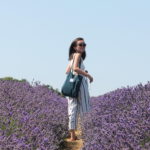
-
ロンドン生活から休暇中、心理学者のたまごです。
なんでもやってみる!をモットーに、10日間女川で生活してみます。
最新の投稿
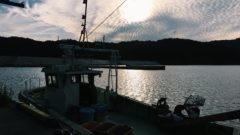 おためし移住ブログ2019.09.20“Should we talk tsunami?” A fisherman’s retrospect
おためし移住ブログ2019.09.20“Should we talk tsunami?” A fisherman’s retrospect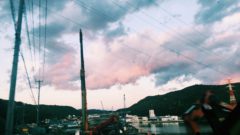 おためし移住ブログ2019.09.15Last day: いってきます。
おためし移住ブログ2019.09.15Last day: いってきます。 おためし移住ブログ2019.09.108th day: 恵プロジェクトのタマモノ
おためし移住ブログ2019.09.108th day: 恵プロジェクトのタマモノ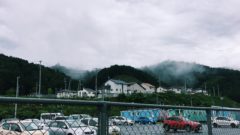 おためし移住ブログ2019.09.031st day: 女川への道のり
おためし移住ブログ2019.09.031st day: 女川への道のり

